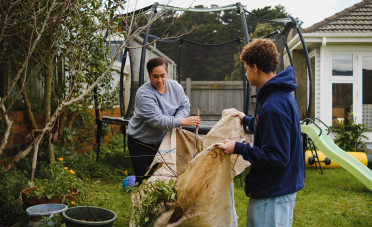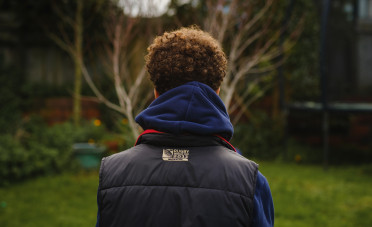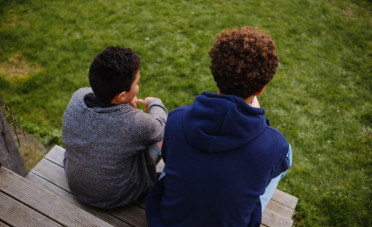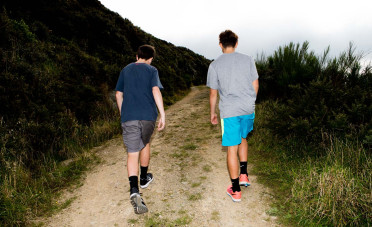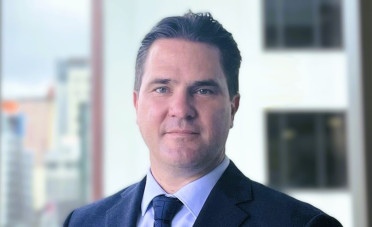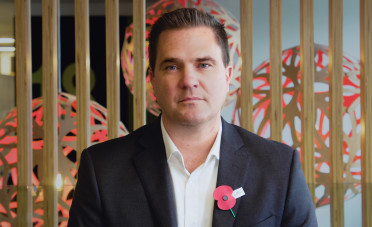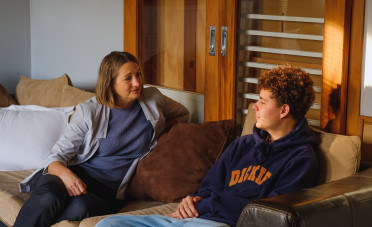Military-Style Academies
The Government has committed to addressing child and youth offending, with a target of reducing serious, repeat offending by 15%.
The Government has introduced a range of initiatives to address serious and persistent youth offending. These include plans to create a new Young Serious Offender (YSO) Declaration and Military-Style Academies (MSA).
There is a small group who commit a significant proportion of the total offences by young people. The new initiatives are targeted towards this cohort. They aim to address criminal behaviours, while also supporting offenders in their rehabilitation.
About the Young Serious Offender Declaration
Legislation to create a Young Serious Offenders Declaration is part of the Oranga Tamariki (Responding to Serious Youth Offending) Amendment Bill. This Bill was introduced to the House by the Minister for Children in November 2024 and is progressing through the parliamentary process.
A young person will be eligible to be declared a Young Serious Offender if they:
- are 14 to 17 years old at the time of offending
- have had two offences punishable by imprisonment of 10 years or more proven in court
- are assessed as being likely to reoffend, with previous interventions having proven unsuccessful.
Young people declared to be Young Serious Offenders will face a stronger and escalated response, with more sentencing options for the Youth Court. This includes being able to sentence young offenders to a Military-Style Academy Order (they need be 15 to 17 years old at the time of offending to be eligible for this).
A Youth Court judge will have the final say on making a Young Serious Offenders Declaration.
About the Military-Style Academies
The Military-Style Academy (MSA) order will be a new sentencing response available to the Youth Court for eligible young persons. They must:
- have been declared a Young Serious Offender; and
- be 15 years old or older, but under 18 years, at the time of offending.
The MSA order lasts between 3 and 12 months. Young people remain in the custody of the chief executive of Oranga Tamariki throughout the order.
A MSA order will consist of a Military-Style Academy programme, which will be delivered in an Oranga Tamariki secure youth justice residence, with the possibility of aspects of the programme being delivered by qualifying providers.
As the Oranga Tamariki (Responding to Serious Youth Offending) Amendment Bill is still progressing through the Parliamentary process, details of what future MSAs will look like cannot be confirmed.
However, planning is well underway at Oranga Tamariki to design and develop a future MSA programme.
Military-Style Academy Pilot
A 12-month Military-Style Academy Pilot (MSA Pilot), ran from July 2024 through to July 2025.
Oranga Tamariki was directed to lead the establishment of the MSA Pilot. We worked closely with officials from agencies including New Zealand Defence Force, Ministry of Justice, New Zealand Police and other government agencies to develop it and with community providers and groups to run it.
The MSA Pilot was evaluated throughout, with a final evaluation report published in November 2025 [PDF, 5.6 MB]
The evaluation is being used to inform operational elements of Military-Style Academies in future, when the legislation is in place. At that point, there may be changes to the design of how any future programmes will run. For example, if needed, it will allow for a longer residence stage and more flexibility around the types of programme components and locations.
Designing the Military-Style Academy Pilot
The goal of the Military-Style Academy (MSA) Pilot was to make a difference in the lives of the teenagers involved, by enabling them to positively contribute and thrive within their whānau and community, without offending.
The MSA programme team, led by Oranga Tamariki, looked at evidence from previous military-style programmes, in New Zealand and internationally, to understand what would give the rangatahi taking part the best chance of success.
The team embedded these elements in the Pilot programme design, including:
- a deliberate focus on providing therapeutic care during the in-residence component, and
- providing ongoing support for the rangatahi when they returned to their whānau and communities, to make sure they were well set up for the future.
These are key differences that set the Academy apart from previous iterations.
The Pilot programme began with a cohort of 10 young people, who were already in the youth justice system.
The Academy consisted of a 12-month programme, with three parts.
First part
The first was assessment of the young people who were potentially eligible to take part (a Youth Court Judge made the decision during sentencing).
The assessment included a clinical perspective and conversations with their whānau, who were involved throughout the programme.
Ahead of sentencing, the MSA Pilot was explained to the teenagers, whānau, and youth justice professionals (e.g. youth advocates) through Family Group Conferences.
Second part
The second was an in-residence stage, based at an existing Oranga Tamariki youth justice residence in Palmerston North.
The young people followed a specially created curriculum and syllabus, with daily activities to support their health, learning and wellbeing. This included military-style activities.
Third part
The third was an in-community stage. It lasted for 9 months and focused on transition back to the community, making sure the teenagers could build on their learnings from the residence stage and were well set up for the future, including a pathway into education, training or employment.
High-level timeline

Please note it is not to scale.
Published: July 9, 2024 · Updated: January 5, 2026


